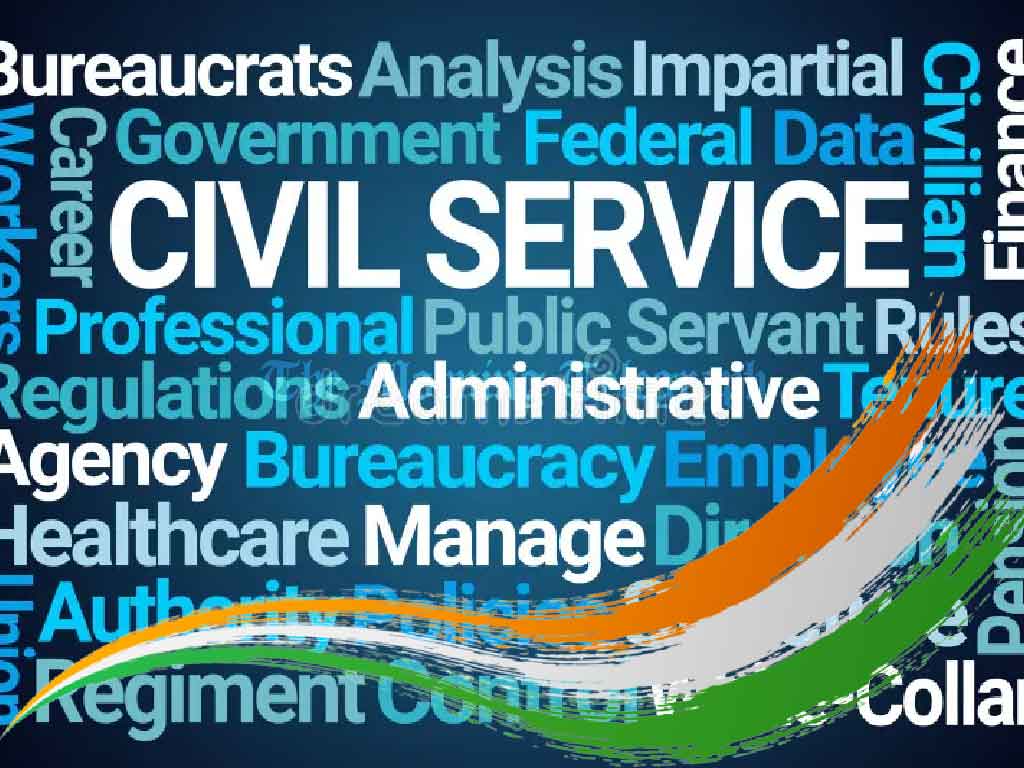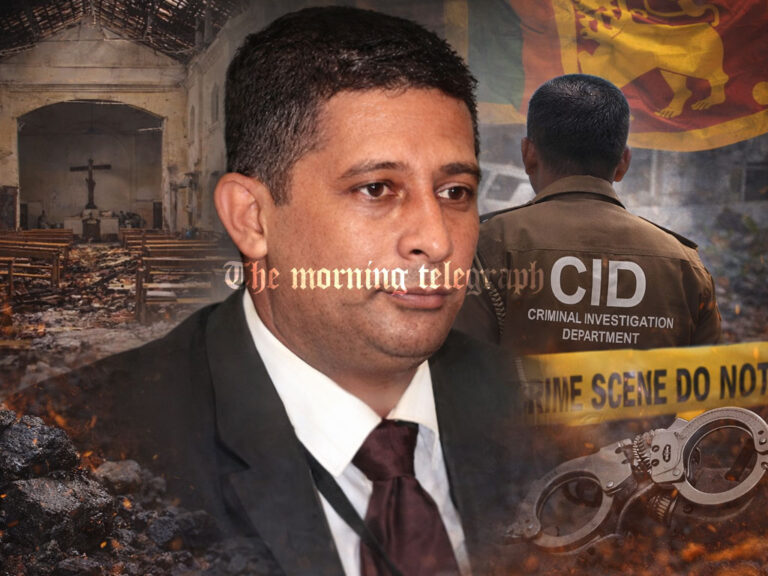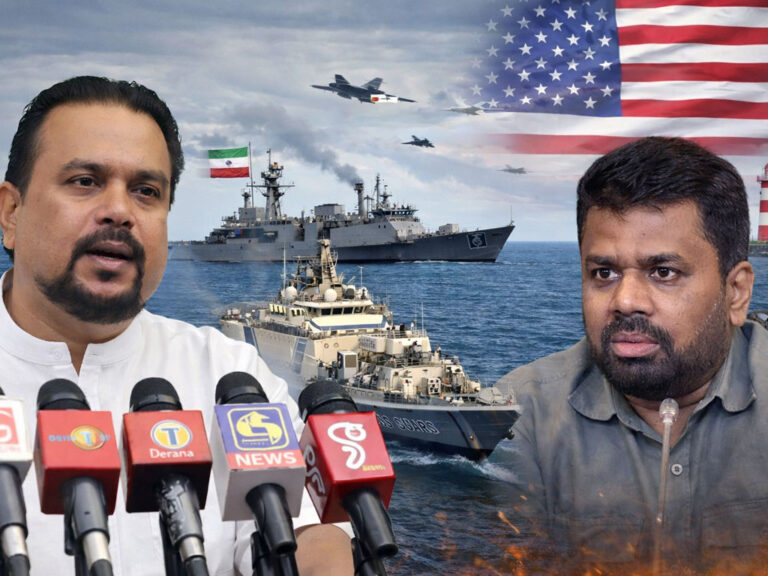
Indian Prime Minister Narendra Modi has agreed to provide training to nearly 1,500 Sri Lankan civil servants in India over the next five years, as part of a broader agreement aimed at strengthening bilateral relations between the two nations.
This announcement came during a discussion between Sri Lankan President Anura Kumara Dissanayake and Indian Prime Minister Modi, held at the Prime Minister’s official residence in Hyderabad on December 16. The leaders are currently on a three-day official visit to India.
A statement issued by the Presidential Media Division highlighted that the meeting resulted in the exchange of memoranda of understanding (MoUs) on key areas, including the prevention of double taxation and capacity building for public officials in Sri Lanka.
President Dissanayake, at a joint press conference, expressed his appreciation for India’s longstanding special place in Sri Lanka’s foreign policy, while Prime Minister Modi noted that he was pleased President Dissanayake had chosen India for his first foreign visit.
The discussions primarily focused on enhancing technical cooperation between the two countries, particularly in the areas of physical infrastructure, digital technology, and energy. The leaders also discussed plans to further develop the bilateral relationship with a forward-looking vision, including projects like a multi-product petroleum pipeline and electricity grid connection linking both countries.
In addition to infrastructure projects, the leaders also addressed India’s ongoing development cooperation with Sri Lanka. Notable among the projects discussed was the reconstruction of the Anuradhapura railway signaling system and the development of the Kankesanthurai port.
Educational cooperation was also a key focus, with an agreement to offer monthly scholarships to 200 students from universities in Jaffna and the Eastern Province starting next year. Furthermore, Prime Minister Modi confirmed India’s commitment to providing training to 1,500 Sri Lankan civil servants in India over the next five years to help enhance the capacity of Sri Lanka’s public administration.
India has also pledged to assist Sri Lanka in key sectors such as agriculture, dairy, fisheries, housing, renewable energy, and infrastructure, further deepening the countries’ economic ties.
President Dissanayake reiterated Sri Lanka’s commitment to ensuring that its territory would never be used in ways that could harm India’s security or regional stability. The two leaders also discussed a wide range of cooperative initiatives under the Colombo Security Conclave, including maritime security, counter-terrorism, cybersecurity, and efforts to combat smuggling and organized crime. They also emphasized the importance of humanitarian assistance and disaster relief cooperation between the two nations.




